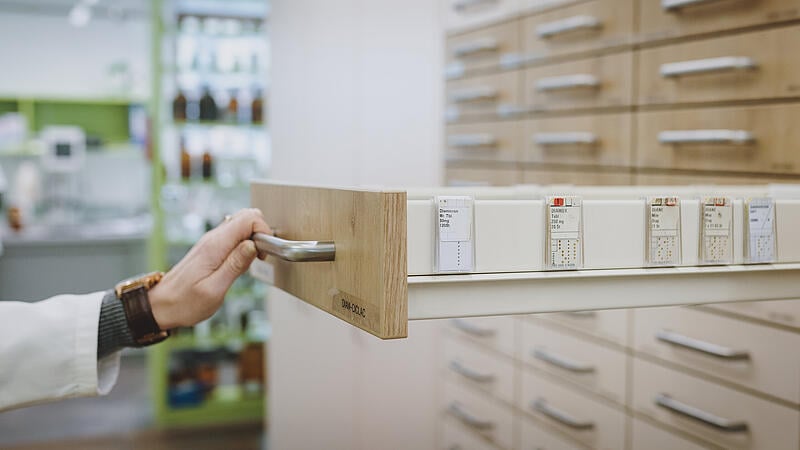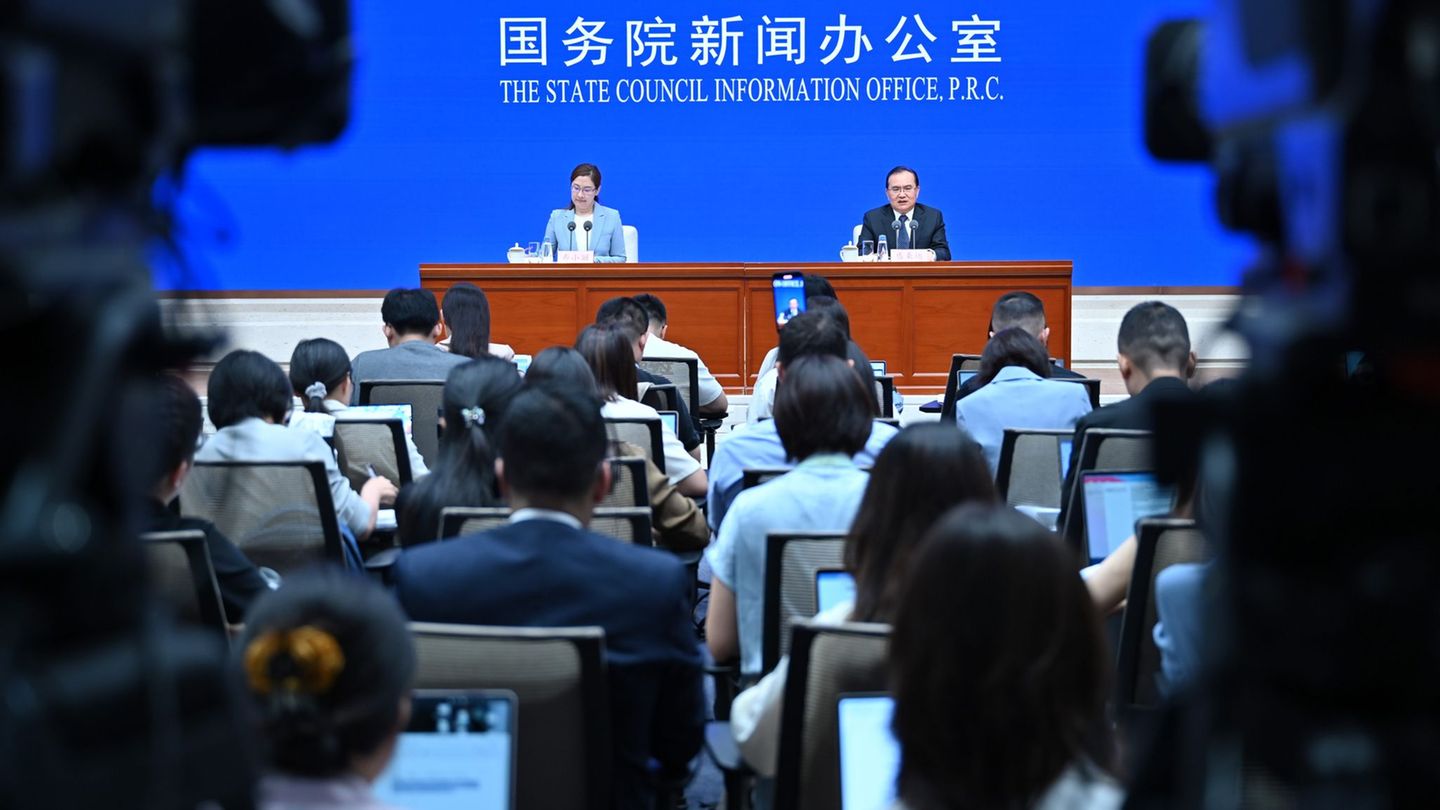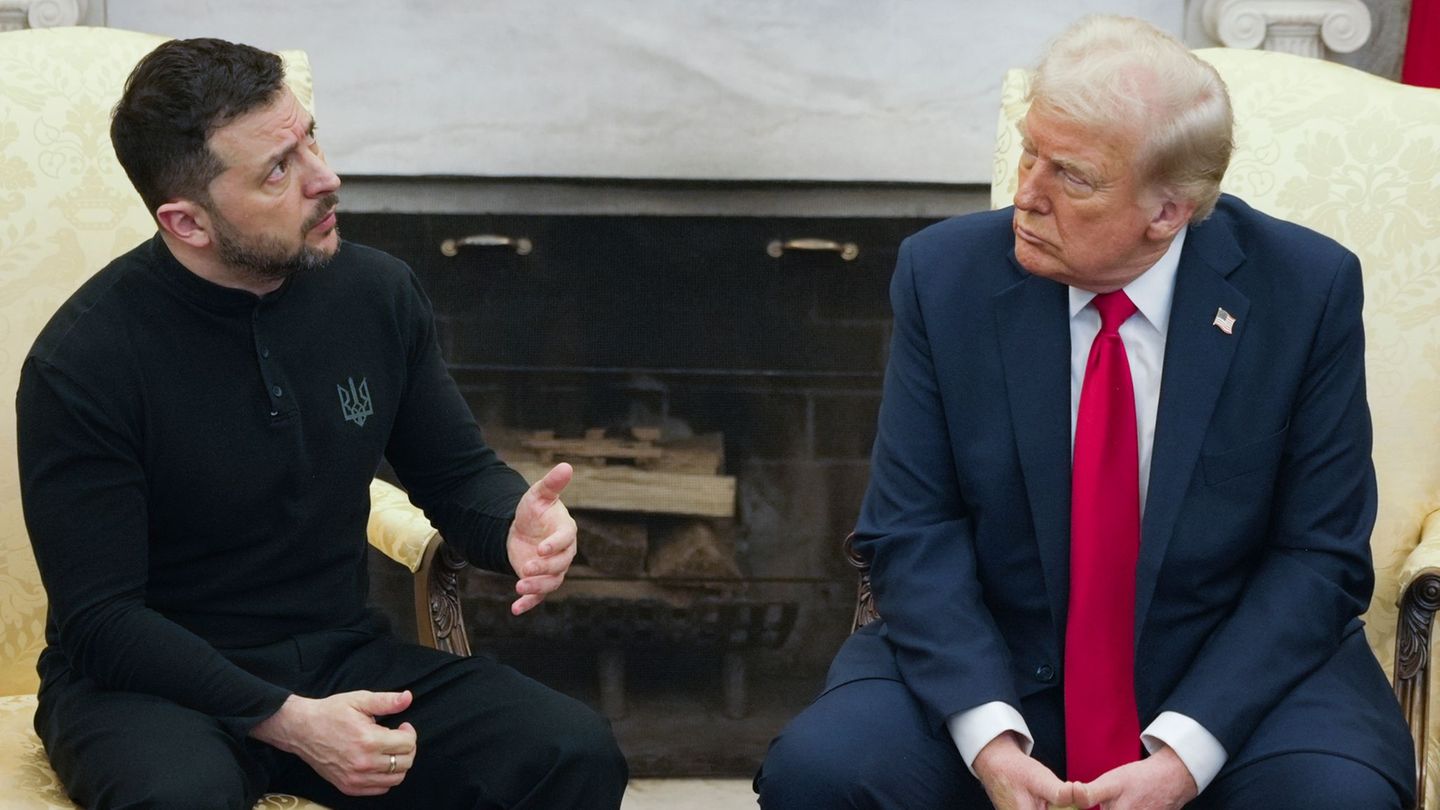Image: APA/EXPA/ STEFANIE OBERHAUSER
Instead, the Austrian Palliative Society (OPG) only spoke of the “best possible treatment” on Wednesday. The specialists called on those responsible to place security of supply before market interests. Among other things, there is a lack of opioids for terminally ill children.
“The security of supply for our most important medicines must be in the interest of the legislator and cannot only be regulated by market economy laws,” said OPG President Dietmar Weixler. “The OPG asks the Austrian Medical Association, the umbrella organization of social security institutions and the Federal Ministry of Health to support the OPG in this matter, as a renewed shortage is to be expected next autumn,” warned the doctor.
Particularly affected by the current lack of medicines are medicines for severe pain and shortness of breath, but also specialties for the treatment of infections. “In the last few weeks there have been significant and precarious shortages of antibiotics, especially in juice form for children,” reported his colleague Martina Kronberger-Vollnhofer. But decongestant nose drops for children, inhalation solutions and antipyretics are always in short supply.
Opioid patch not available
Low-dose opioid patches, which are essential for effective, safe pain therapy with few side effects in children receiving palliative care, are currently practically unavailable. In general, palliative care physicians are confronted with an opioid deficiency. Eva Katharina Masel, Head of MedUni Vienna’s Division of Palliative Medicine, explained that opioids are indispensable for effective therapy for severe pain and can also alleviate other common symptoms such as shortness of breath.
Austrian manufacturers could close the supply gaps. In the past, however, “they preferred to rely on producers in low-cost countries and the prices were still being pushed down”, criticized OPG President Weixler: “But the prices for our common end-of-life medicines in Austria are already unprecedentedly low, an ampoule of morphine costs, for example, 95 cents in the pharmacy purchase price. Understandably, the interest on the part of producers in producing medicinal specialties that are hardly profitable is dwindling.” It needs “proactive action by those responsible for health policy, the umbrella organization of social insurance carriers and the professional representatives”.
Source: Nachrichten




